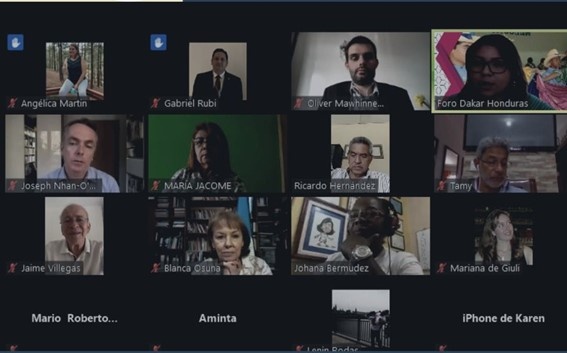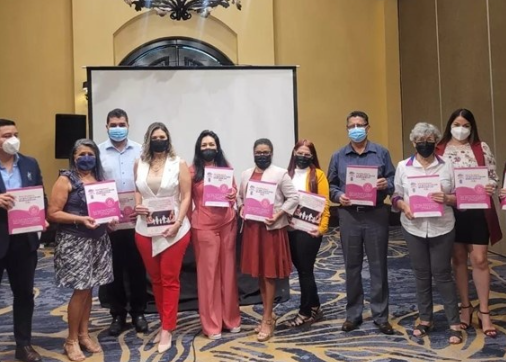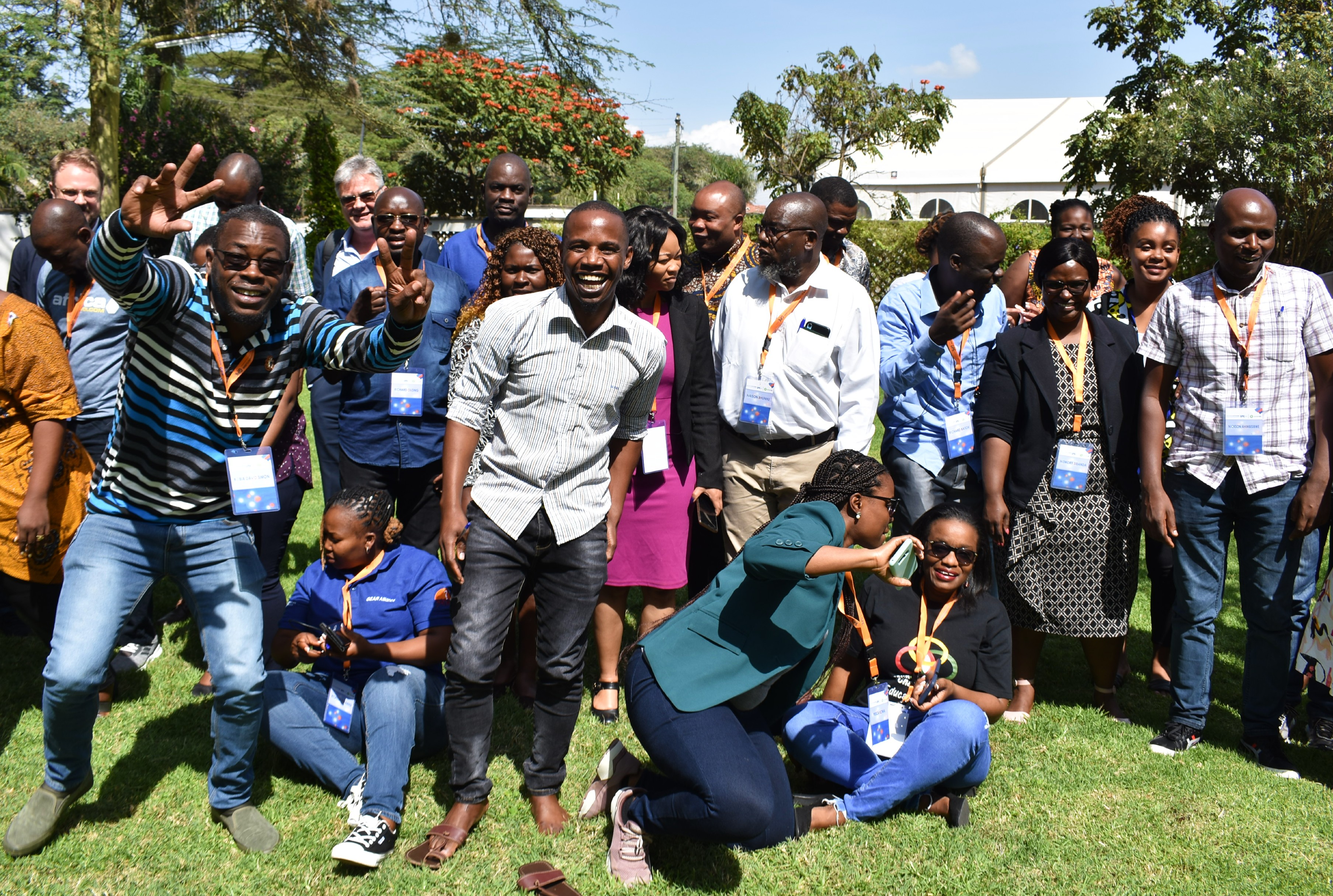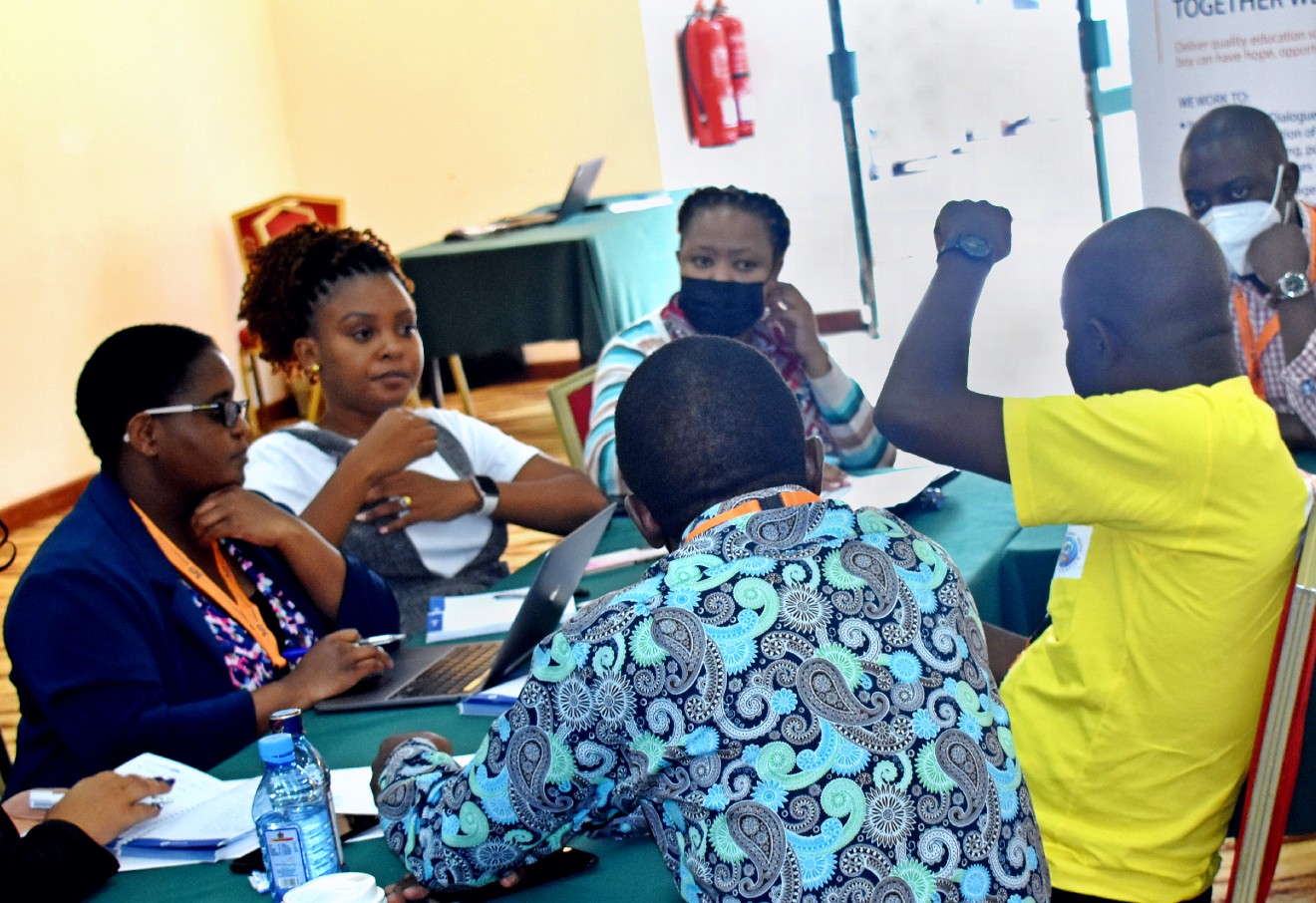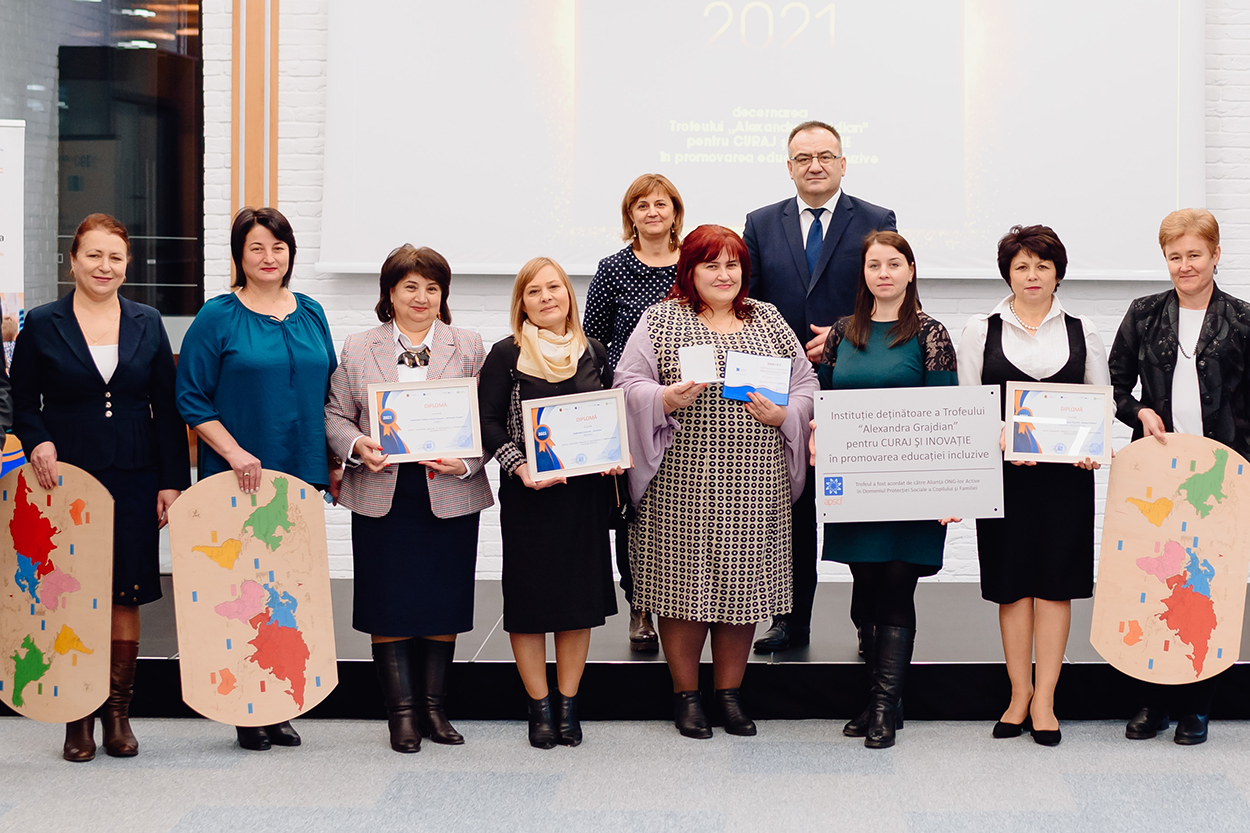Civil society acts for quality education in Honduras
GPE youth leader, Diana Ayala, shares how GPE’s support to civil society in Honduras has helped to strengthen accountability and civic participation in education.
For over 20 years, Foro Dakar Honduras (FDH), a Honduran national coalition, has monitored national policies on education and encouraged civil society dialogue.
To ensure that the perspectives of diverse groups from all over the country are represented, we provide a space- whether through events or consultations-where the ministry of education can consult and engage with representatives. As a result, voices from underrepresented groups, including indigenous people, people with disabilities, girls and women, youth, and others, have the chance to feed into the Honduran education policy.
GPE support for civic engagement is key
GPE's support to organizations like ours is fundamental for the contribution and participation of civil society to monitor States’ commitments to education and their implementation. Without civic participation, we cannot create the transparent spaces necessary for all to achieve a quality education.
In 2020 FDH received a grant from GPE’s Education Out Loud program that has enabled us to continue our work on public engagement. With GPE’s support, we have been able to train more than 300 people since 2020- teachers, students, parents, independent consultants, local governments, members of the ministry of education, congressmen and women – and increase their knowledge of SDG 4 and how Honduras is working on achieving quality education for all.
FDH also produced and circulated data and media on the reality of the education context in Honduras to inform citizens of national education policies and projects being implemented by the government.
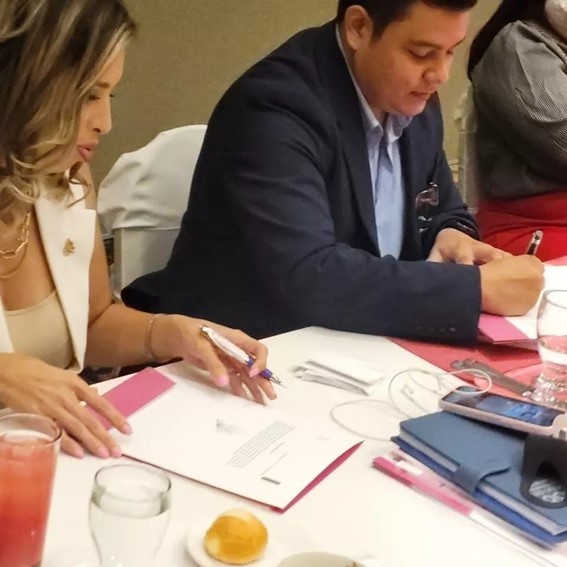
National and regional advocacy for policy change
FDH is working collaboratively with institutions across sectors to transform the “Proposal of Guidelines for the Financing of Public Education in Honduras and the Implementation of the PESE 2018-2040” into law.
The proposal spotlights critical actions such as financing education, strengthening national and state organizations, and prioritizing inclusive decision-making as critical for continued progress towards SDG 4 in Honduras.
The proposed law will also increase the education budget and contribute to new gender policies that will create safe spaces of learning for all.
In the current year, FDH and the National Education Coalitions from Guatemala and Nicaragua will advocate across the Central American region to increase the inclusion of migrant children into education systems. They will also work with regional decision makers to create policies that will ensure the right to education for all, even for children not living in their native countries.
This interregional advocacy approach was put in place after the three coalitions created a Regional Agenda of Advocacy, which lays out actions in response to the needs identified in the region.
